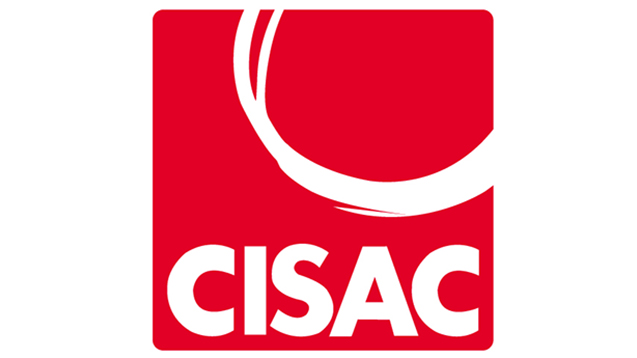The International Confederation of Societies of Authors and Composers (CISAC) has expressed concern over the US Department of Justice decision not to modify ‘consent decrees’ governing the two major US collecting societies.
US societies ASCAP and BMI had called on the department to make various changes to the consent decrees governing collective licensing (which were first instated in 1941), arguing they are outdated in the digital age.
A key change the societies were pushing for was the flexibility for publishers to withdraw their digital rights from the collective licensing system, while they continue to license conventional broadcasters, live performance, clubs and bars through the societies.
Such partial withdrawal of rights is already possible in Europe, allowing publishers to strike deals with digital music platforms directly.
In another blow to ASCAP and BMI, the Department of Justice is now also requiring the societies to offer ‘full-work’ licenses to music users.
The concept of full-work - or 100 percent - licensing authorises rightsholders to license all rights in a musical work, even if the rightsholder only owns a fraction of those rights.
CISAC director general Gadi Oron said: ‘The global community of creators and societies represented by CISAC is bemused and extremely worried by the consequences of the decisions made by the Department of Justice. These decisions have been made without taking into account the interests of creators and with total disregard for the international legal framework that authors’ societies operate within.
‘ASCAP and BMI have decided to jointly challenge these decisions. BMI will challenge the decisions before the Federal court and ASCAP will take the lead in promoting legislative solutions. We fully support and stand by their actions. We hope that their actions will lead to a fairer US licensing system that would work for all stakeholders.’
US societies ASCAP and BMI had called on the department to make various changes to the consent decrees governing collective licensing (which were first instated in 1941), arguing they are outdated in the digital age.
A key change the societies were pushing for was the flexibility for publishers to withdraw their digital rights from the collective licensing system, while they continue to license conventional broadcasters, live performance, clubs and bars through the societies.
Such partial withdrawal of rights is already possible in Europe, allowing publishers to strike deals with digital music platforms directly.
In another blow to ASCAP and BMI, the Department of Justice is now also requiring the societies to offer ‘full-work’ licenses to music users.
The concept of full-work - or 100 percent - licensing authorises rightsholders to license all rights in a musical work, even if the rightsholder only owns a fraction of those rights.
CISAC director general Gadi Oron said: ‘The global community of creators and societies represented by CISAC is bemused and extremely worried by the consequences of the decisions made by the Department of Justice. These decisions have been made without taking into account the interests of creators and with total disregard for the international legal framework that authors’ societies operate within.
‘ASCAP and BMI have decided to jointly challenge these decisions. BMI will challenge the decisions before the Federal court and ASCAP will take the lead in promoting legislative solutions. We fully support and stand by their actions. We hope that their actions will lead to a fairer US licensing system that would work for all stakeholders.’


